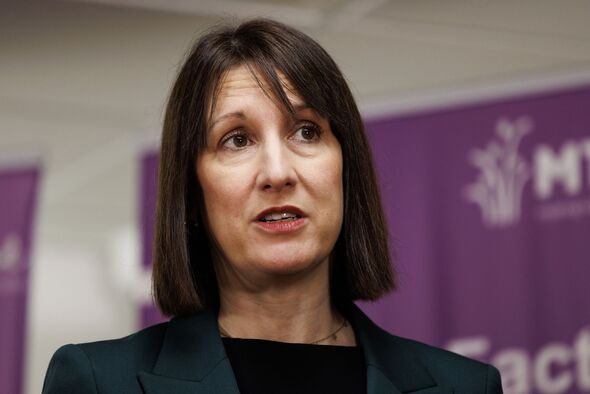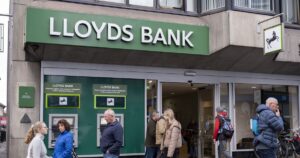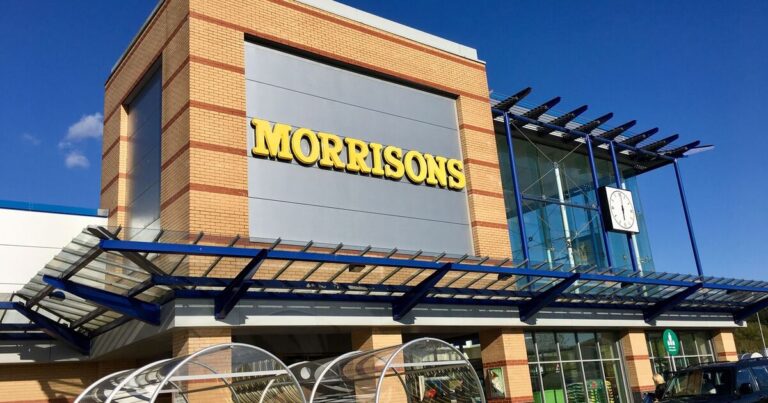
An online campaign is rapidly gaining momentum, with more than 10,000 people signing a petition urging the government to increase the Personal Allowance from £12,570 to £45,000. The petition’s instigator, Denver Johnson, argues that the current threshold for income tax “has been kept unreasonably low for far too long, at the expense of the poorest, most needy people in our society”.
With the ‘Raise the standard tax-free Personal Allowance to £45,000’ petition passing the critical 10,000-signature mark on the petitions-parliament website, it is on the brink of eliciting an official response from the UK Government, which is mandated to reply after such a milestone is reached. The petition which now has 15,000 signatures elaborates: “We feel that the poorer majority should pay substantially less than the wealthy. We think that the tax system seems designed to make the divide between rich and poor increase exponentially.”
The government is expected to respond to all petitions surpassing 10,000 signatures, and this one is currently pending a response, the Record reported.
If it achieves 100,000 signatures, there will be consideration for a debate in Parliament, as reported by the Record. The Office for Budget Responsibility has released figures suggesting that maintaining the freezes on the income tax personal allowance and higher-rate threshold for four years “will bring 1.3 million people into the tax system and create one million higher-rate taxpayers by 2025/26”.
Martin Lewis, the founder of MoneySavingExpert.com, has warned: “Imagine someone who currently earns £12,000 now. Because earnings do tend to increase each year, in a couple of years’ time they’ll earn £13,000. But because the thresholds are frozen, they will now start to pay 20% tax on some of their earnings.”
He added, “And in fact, what freezing the threshold does is that it means no matter what you earn, as your earnings increase, a bigger proportion of your earnings goes on tax. And that’s how the Chancellor makes money from it.”
Earlier this year, Chancellor Rachel Reeves confirmed in her budget that National Insurance thresholds across the UK and Income Tax thresholds in England, Wales and Northern Ireland would remain frozen until April 2028 – a decision in line with the previous Conservative Government’s announcement last year. There had been rumours that the new Labour Government might extend this ‘freeze’ until 2030.
Economists refer to this process, where workers lose out due to frozen tax thresholds, as “fiscal drag”.

















